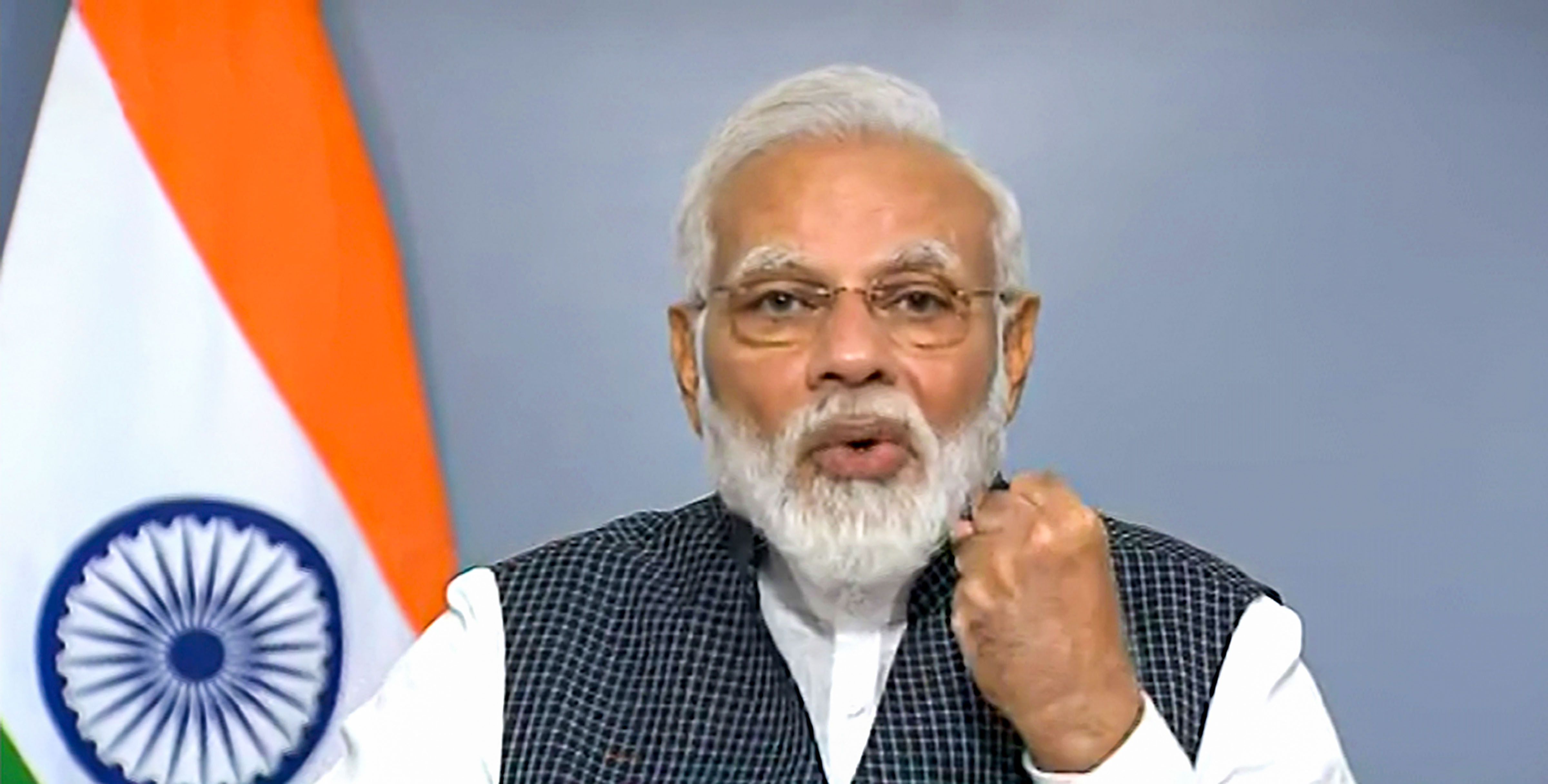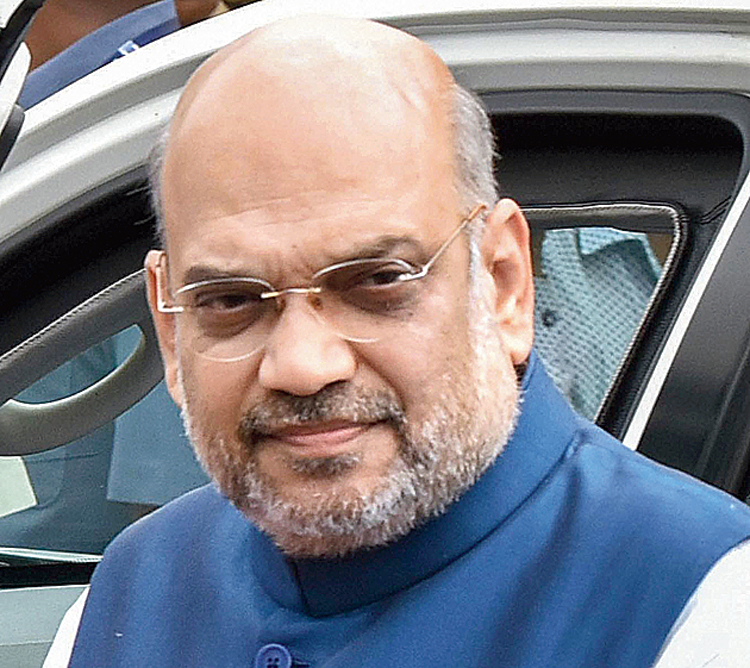A balm is usually administered after a bitter pill. The prime minister’s recent address to the nation, three days after the Bharatiya Janata Party-led Union government decided to do away with Jammu and Kashmir’s special status and statehood, is perhaps a case in point. In his speech — a barely disguised attempt to mollify an aggrieved constituency — Narendra Modi made a number of promises. The prime minister assured his audience, among other things, a gradual relaxation of prohibitory orders, an election that would, Mr Modi is certain, lead to a ‘government by the people and of the people’, as well as the speedy implementation of development. All of these pledges sound reassuring. But there is a case to argue that the people in Kashmir as well as those concerned with the goings-on in that restive state would have been far more satisfied if Mr Modi — a stickler for deadlines — had spelt out a concrete time frame to implement his pledges. The absence of a timetable for the restoration of statehood is certain to inflict yet another blow to the morale of a people who have expressed their resentment, time and again, against what they claim are unilateral interventions from the Centre.
There is no doubt about the fact that the BJP’s move to do away with most of the provisions of Article 370 enjoys considerable public support. The rhetoric of triumphant nationalism advocated by the prime minister and his party has even forced segments in the Opposition to toe the BJP’s line on Kashmir. But Kashmir remains sceptical of the BJP’s promises and design. Mr Modi may be aware of this simmering discontent. That could explain why the prime minister in his speech chose not to refer to some telling anomalies. If, as Mr Modi claims, Article 370 had bred only ‘separatism’, why is it that its abrogation has been met with such hostility in Kashmir itself? The anger in Kashmir — communication links with the state remain tenuous for days now — cannot be a testimony to the oneness that the BJP claims to have achieved. The trouble with Mr Modi’s party lies in its conflation of unity with unilateralism. This aggression is against the formative idea of India itself, a vision that championed the cause of accommodation and federalism. The key to the Kashmir problem lies in resurrecting the flickering spirit of democratic assimilation.













